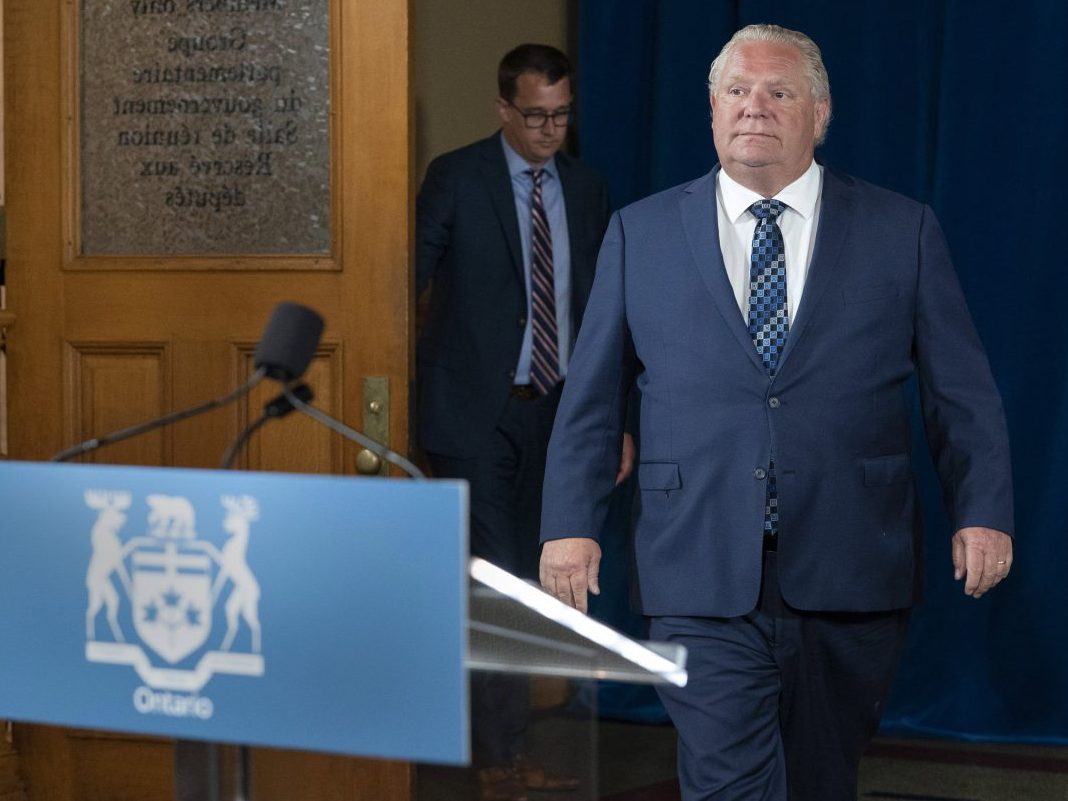What scientific metrics are governments around the country using to decide who gets to go back to some semblance of real life?
It doesn’t appear science is driving decision making so much as politics.
Politicians and health authorities have their hearts in the right place, but they are also the people with the least to lose as we stay closed, and they have not given us a scientific formula for their decision making.
The easiest thing for well-employed people with no personal skin in the game is to tell unemployed people and devastated business owners to wait a bit longer.
Until what? Does anyone know? Do the authorities know?
Is it a seat-of-the-pants sort of thing?
Authorities are very specific about such things as when and how businesses can reopen. For example quebec.ca reads, “Bars must stop selling alcoholic beverages at midnight instead of 3 a.m. and customers must also have left bars not later than 1 a.m.”
What is behind the midnight closing? Is it something to do with the Witching Hour or is it actual science?
Ontario lays out a plan for, “Determining when to ease public health measures” with such benchmarks as, “A consistent two–to-four week decrease in the number of new daily COVID‑19 cases.”
Ontario has achieved that benchmark, but Toronto and some other areas are not allowed to proceed to stage 3. Based on what?
Alberta’s relaunch strategy reads, “Health measures we are watching include percentage of tests that are positive.”
That’s great. What percentage will trigger what reaction?
I have never heard something like, “we go to stage three when we have one continuous seven-day period with new cases below 100.”
Or, “we will open up completely when we get two weeks of new daily case numbers under 25.”
I am just making those numbers up to give an example, and to make the point that I have never heard any metrics.
My point here is that if there are metrics – solid numbers – that are being used, I missed them. I have asked and been sent only generalities, such as listed in this column.
If we have solid, as scientific as they can be numbers, we can all see whether we are progressing, regressing or holding steady in relation to reopening.
Businesses can deal with facts a lot better than having to plan for the moment when politicians get it in their heads to spring an announcement on us.
Of course it would be difficult and less than perfect to give us hard numbers. I am sure no one really knows whether reopening when we are below 100 daily cases is the best thing or if it has to be 50 – or 150. But how can it possibly be worse than working off how authorities “feel” it is going today?
They either have the numbers that inform their decision or they don’t. Which is it?
Are decisions made on the number of new positive tests, on hospitalizations or deaths? Which one, or a combination, is most important and why?
“Best medical advice” and “best science available” are phrases we hear, but not that we see employed.
Are you comfortable having our economy continue to suffer based on a whim – a feeling?
What are the numbers and why are they reasonable? Is that too much to ask?



































